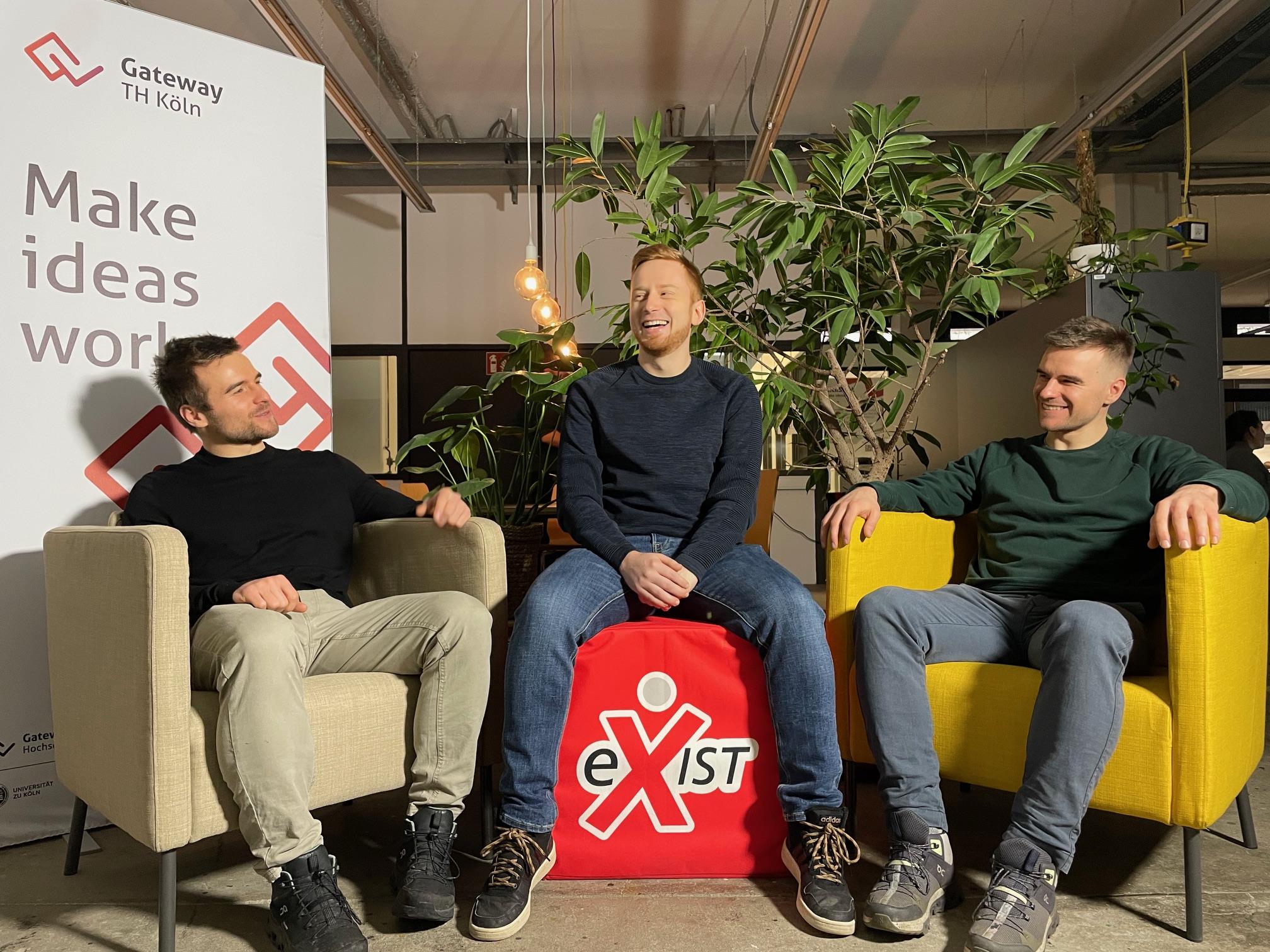What it does
SwimNavi acts as an intelligent navigation system that enables visually impaired people to participate safely and independently in swimming. It replaces the manual assistance of helpers with the aid of cameras and a feedback system.
Your inspiration
The idea came from a moment of disbelief: how is it possible that blind swimmers have been tapped on the head by assistants to indicate the end of the lane for over 50 years, even in professional Paralympic sports? Shouldn't there already be a technological solution? We developed the first approaches at the TH Cologne, inspired by our collaboration with the DBS and Prof. Hartmann. Our TecKnowLogic team finally developed a camera-based assistance system from the various concepts. Our drive: to bring technology to places where it is really needed - and to promote inclusion through real innovation.
How it works
Our system uses a camera system installed above the pool to automatically recognize swimmers and continuously track their positions. It monitors important zones such as the 5-meter turning zone or the ideal line of a lane. The movement of each person is analyzed in real time: The system calculates speed, swimming direction and the distance to certain areas. To do this, the collected data is transmitted to a wearable system via a stable wireless connection to the athletes in the water. This wearable emits tactile vibration and acoustic sound signals to the swimmer. This gives them constant feedback on their position in the water. The system runs automatically, works independently of assistants during everyday training and increases orientation and safety in the water - especially for people with visual impairments. It also supports trainers in monitoring.
Design process
It began in 2021 with the vision of enabling better inclusion. Inspired by Prof. Dr. Hartmann and the DBS, the previous IPA-14 model was developed, which reacted to a magnetic field to indicate the turning maneuver. However, the accuracy and wearing comfort were inadequate, so Mr. Haupt brought the topic to the TH Cologne. Under Prof. Dr. Krawutschke, Mel Fohrn initially developed a system for live heart rate measurement during swimming and worked on the development of reliable radio communication at the air-water interface. Together with his brother Dave, he founded the “TecKnowLogic” team. Fabian Hoffmann joined the team in 2022 and developed the first prototype of a camera-based assistance system. Thanks to regular tests at the teaching pool of the German Sport University Cologne, a reliable radio connection and a powerful camera system were developed under real conditions. We are currently developing the wearable feedback system for the swimmers. This integrates bone conduction headphones that provide acoustic feedback without suppressing ambient noise, as well as vibration rotors distributed over the head that make deviations from the ideal line and the approach to the edge of the pool noticeable.
How it is different
Our solution is the first fully automated system that navigates visually impaired swimmers through the pool in real time without human intervention. Unlike existing products such as the Blind Cap (manual signaling) or Accessound (one-way communication), our system combines visual recognition with bidirectional, individual feedback. The camera permanently records the swimmer's position, analyses their behavior and warns them with acoustic or haptic signals depending on their individual settings - even up to one meter under water. Thanks to our system, swimming is not only safer, it also promotes independence, improves the quality of training, makes it easier for those affected to get started and compete, and thus lays the foundation for real participation in swimming. It can also be expanded - for live performance diagnostics and preventive hazard detection, for example.
Future plans
Next, we will start our pilot projects with the Paralympics team in Berlin, the German Sport University Cologne and the KölnBäder . The aim is to test and further optimize the system in real training situations directly with the target group. We then plan to equip school, club and public swimming pools - first in big cities, then nationwide and finally worldwide. At the same time, we are developing an AI lifeguard to save people from drowning in all swimming pools in the future. In the long term, we want to become the Paralympics standard and push inclusion in swimming in the long term.
Awards
KickStart@TH-Köln 2024 funding; incubator degree at the University of Cologne 2024; currently in EXIST start-up grant funding 2025; third place in the StarS squad of the German Sport University Cologne 2025



Share this page on